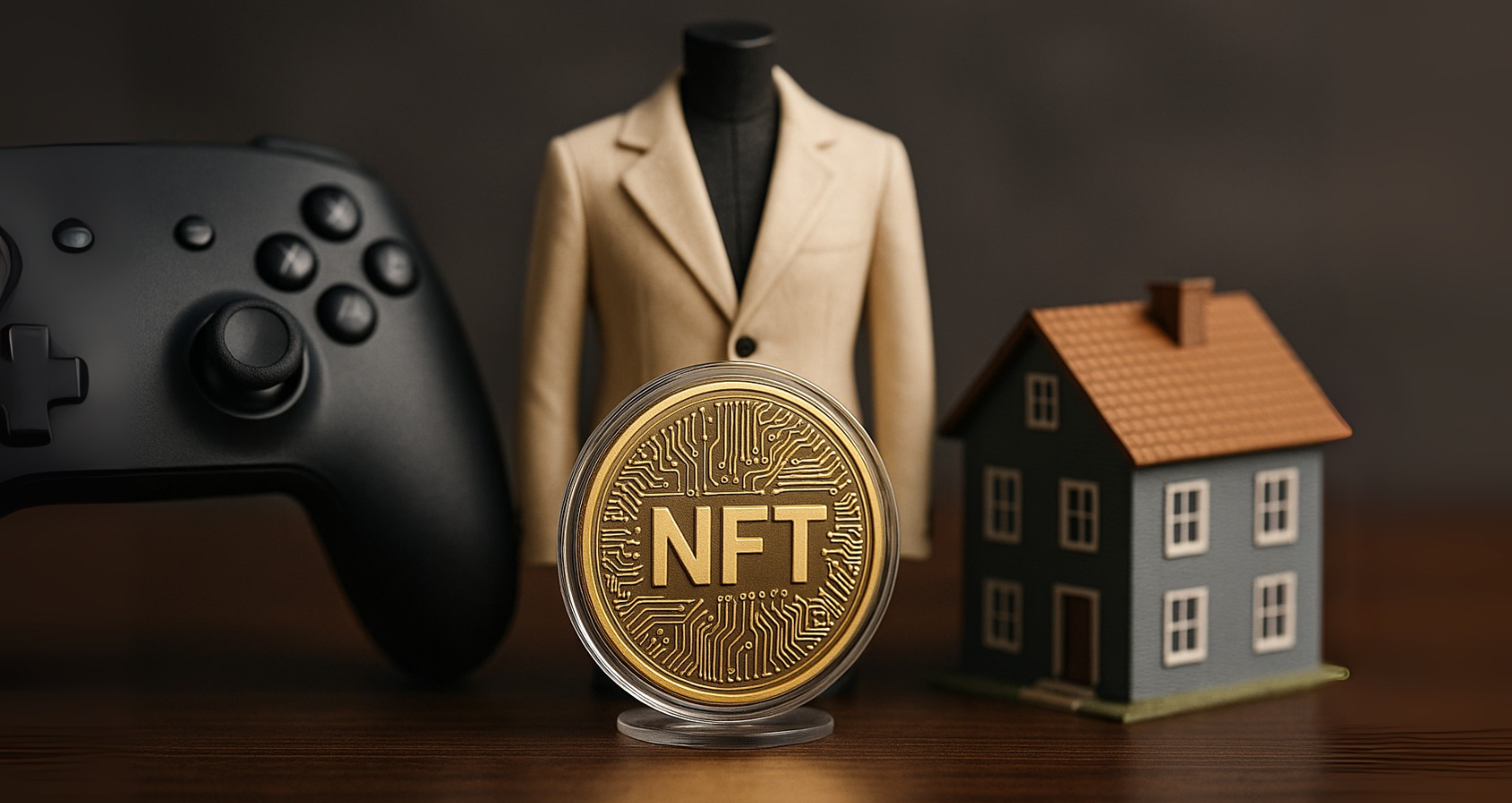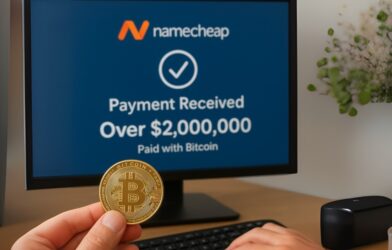When most people hear the word NFT, they immediately think of colorful digital art, profile pictures of apes, or million-dollar JPEGs. But NFTs—non-fungible tokens—are far more than digital artwork stored on the blockchain. At their core, NFTs are a technology that proves ownership of a unique digital or physical asset. This ability to assign verifiable, tradable, and programmable ownership is what makes NFTs powerful. And now, their application is spreading fast beyond the art market to sectors such as gaming, fashion, and even real estate.
NFTs in Gaming: True Digital Ownership
Gaming is possibly the largest real-world playground for NFTs. Historically, gamers spend tens of hours acquiring in-game items—skins, weapons, or collectibles—but the assets are trapped in the game itself. They can’t be traded freely outside the publisher’s marketplace, and if the game goes under, the items are lost forever.
NFTs reverse this paradigm by enabling players to own these assets in-game. A sword acquired in one game can, theoretically, be sold or traded in an open market—or even utilized in another compatible title. Titles such as Axie Infinity and Gods Unchained have already implemented NFT-based economies, where players purchase, sell, and trade characters and objects as NFTs. Even large developers such as Ubisoft and Square Enix have been testing blockchain-driven gaming economies.
This change doesn’t merely transform the way people engage with games—it transforms the economics of gaming itself. Players can now make money off their expertise and time, and developers get new models for revenue through royalties inherent in NFTs. The future could even witness cross-game interoperability, where an NFT avatar or item can flow seamlessly between gaming worlds.
NFTs in Fashion: Digital Wearables and Identity
Fashion has always been about identity, exclusivity, and ownership—three principles that fit as snugly with NFTs. Within the digital space, metaverse avatars are fast becoming an extension of one’s identity, and just like in real life, individuals want to dress them in distinctive, fashionable clothes.
Gucci, Adidas, and Dolce & Gabbana are among the brands that have introduced NFT wearables that consumers can show on avatars or keep as collectibles. Some of these NFTs also offer “phygital” rewards, which are associated with an actual product. For instance, purchasing an NFT sneaker may allow users to receive a pair of limited-edition shoes in physical form.
NFTs also provide access to high-end fashion experiences. Owners could receive first access to collections, virtual fashion shows, or one-off collaborations. With Gen Z and Gen Alpha increasingly living their lives online, digital fashion is no longer a novelty—it’s an industry that’s expanding with luxury, self-expression, and technology.

NFTs in Real Estate: From Virtual Land to Property Deeds
Perhaps the most surprising but useful NFT use is in real estate. On the virtual front, sites like Decentraland and The Sandbox enable users to purchase land as NFTs. These virtual lands can be developed on, rented, or even resold for profit, much like conventional real estate markets. Sales of virtual land have topped millions of dollars, with Adidas, Atari, and Snoop Dogg buying land to produce experiences.
But NFTs are starting to enter the realm of traditional property. In 2022, a Florida house was sold as an NFT, with the ownership transferred on the blockchain. By linking property deeds and legal titles to NFTs, home buying and selling might become cheaper, quicker, and more transparent. Smart contracts can transfer automatically, eliminate middlemen, and limit fraud. Although regulations are yet to catch up, the possibility for NFTs in making property transactions simpler is enormous.
Why This Matters
The move of NFTs from art represents a change in the way we conceptualize ownership and value. Whether it’s the ownership of a digital sword, a pair of virtual sneakers, or even a deed to a home, NFTs render ownership verifiable, transferable, and tradable globally. Every new use case gives another sense of legitimacy to NFTs as more than a fad.
As gaming, fashion, and real estate adopt NFTs, we’re seeing the early blueprint of a future where the digital and physical worlds are deeply interconnected. In that future, owning something won’t just mean holding it in your hands—it may also mean securing it on the blockchain.












Tnews
Whether it\'s breaking news, expert opinions, or inspiring athlete profiles, your blog delivers a winning combination of excitement and information that keeps.